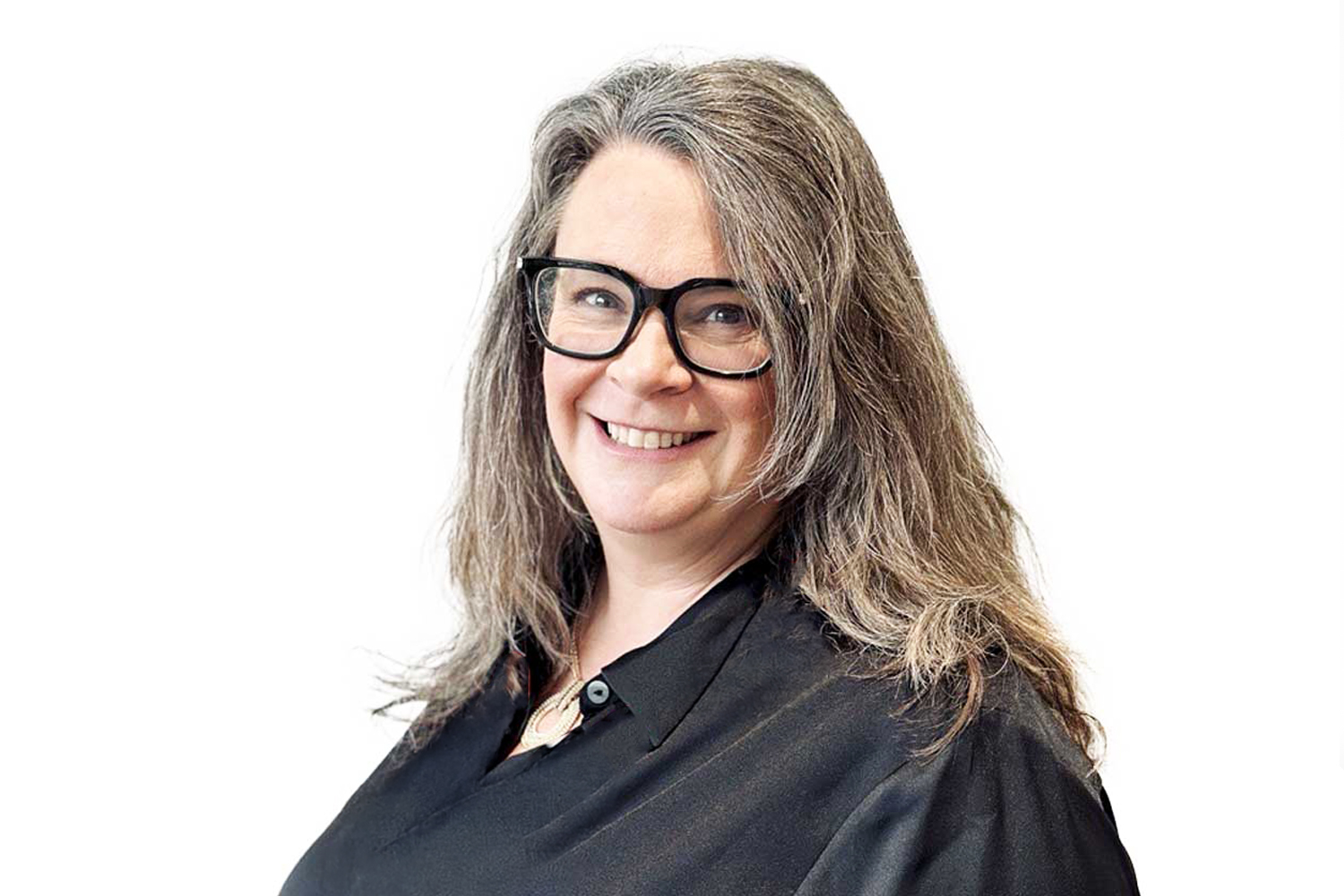Whether a first-time buyer or a seasoned property investor, buying a home is a major financial transaction and it will be necessary to prove where the money will come from. This is referred to as demonstrating the Source of Funds and Source of Wealth (‘SoFW’). These requirements exist to prevent financial crime, such as money laundering. Whilst this may appear complicated, understanding these requirements will help the transaction progress quickly and smoothly. This article will explain the difference between Source of Funds (‘SoF’) and Source of Wealth (SoW’) and how purchasers can prepare for these checks to avoid delays to the transaction.
The Difference between Source of Funds and Source of Wealth
Despite sounding similar, SoF and SoW are distinct concepts in financial due diligence which serve differing purposes.
SoF checks seek to determine where the specific money being used to purchase the property is being held and for how long; for example, does the money come from the sale of another property, has it been gifted or is it being borrowed? Evidence, such as bank statements, will be requested and from whomever the funds are being received. A history of the movement of the funds will also often be needed to create an audit trail.
Conversely, SoW checks are far broader and seek to establish how the purchaser’s overall wealth has been accumulated to a sufficient degree that they are able to purchase the property. This may be evidenced by payslips showing the purchaser’s employment income over time, or, in the case of a gift, where the person providing the gift obtained these funds,
Why Are These Checks Required?
Due to their high value and commonplace occurrence, property transactions are a key target for criminals looking to launder money by converting illegal funds into legitimate assets. For this reason, the UK Government has enacted robust legislation, such as Proceeds of Crime Act 2002 and the Money Laundering Regulations 2017, which require law firms, banks and estate agents to perform checks to establish where the money for property purchases comes from. Failing to conduct the necessary checks can lead to significant fines and/or criminal charges for the professionals involved in the transaction. An additional benefit to verifying funds is that it helps to ensure buyers can afford their purchases and uncover any potential fraud.
As such, purchasers may expect to be asked for SoF and SoW by the following professionals:
- Solicitors and Conveyancers – Lawyers are legally required to check a purchaser’s funds before proceeding with the transaction.
- Estate Agents – Are not always required ask for proof of funds but may do so before accepting an offer.
- Mortgage Lenders – If purchasing with the use of a mortgage, the bank or building society will assess the purchaser’s funds as part of their lending criteria.
What Documents May Be Required?
To satisfy SoFW requirements, a purchaser must provide documentary evidence. The following are examples of the documentation that may be required in respect of each:
- SoF Documents
Common sources and their corresponding evidence may include:
- Savings – Bank statements showing regular deposits and accumulated balance.
- Salary & Bonuses – Payslips and employment contracts proving consistent earnings.
- Sale of Property – Completion statement from the solicitor acting on a past or connected sale confirming proceeds.
- Inheritance – A letter from the solicitor dealing with the estate and a copy of the will.
- Gifted Funds – A signed gift letter from the donor confirming they are giving the money freely (without expectation of repayment) supported by their ID and bank statements.
- Investment Proceeds – Statements from investment accounts reflecting investment transactions.
- Company Profits – Business accounts, tax returns or dividend certificates in the case of a shareholder.
- SoW Documents
SoW evidence provides a broader picture of how a financial position has been attained. Common examples include:
- Employment history – Evidence of long-term employment and salary progression.
- Business ownership – Documents evidencing ownership, profits, and tax records.
- Inheritance details – Evidence of generational wealth or large inheritances.
- Investment portfolios – History of investments generating significant returns.
The level of detail required will depend on the level of risk presented by the purchaser. For a purchaser with a straightforward financial background, such as a secure salaried job and accumulated savings, for example, the process will be simpler than for a purchaser whose wealth is coming from multiple sources, particularly if any are international, and in which an individual can expect much deeper scrutiny.
Common SoFW Challenges
The following are some common causes of delays to the SoFW process and tips for how these may be avoided:
- Large Cash Deposits – Depositing large sums of money into a bank account will require documentary proof of where it has come from, such as payslips or account documents. To this end, delays can be avoided by filing all such documents when received and compiling them in preparation for the transaction.
- Gifted Deposits – It is understandably common for buyers and, in particular, first-time buyers to receive financial help from their family. Solicitors and lenders must be able to confirm that any such gift is legitimate gift, rather than a disguised loan or even money laundering. If planning to rely on a gifted deposit, the donor should provide formal documentation evidencing the gift alongside documentary evidence proving the origin of the funds, to avoid delays in establishing this.
- Overseas Funds – Money coming from outside of the UK may be subject to additional compliance checks, especially where originating from high-risk countries. In such situations, the provision of clear documentation such as tax records, bank statements and legal documents evidencing the source of funds will prevent unnecessary delay in meeting these additional checks.
- Self-Employed or Business Income – Self-employed individuals will often be subject to increased scrutiny due to the potentially fluctuating nature of their income. As such, compiling detailed financial records, including tax returns, business accounts and dividend statements will assist in providing a better picture of the flow of income over time.
How Long Do SoFW Checks Take?
The time required for SoFW checks will vary depending on the size and complexity of the transaction. For example, if documentary evidence is clear and straightforward, verification may only take a few days. However, if further clarification is required, such as for complex financial histories or foreign investment, this could potentially extend to several weeks.
To this end, purchasers may assist in speeding up these checks in the following ways:
- Preparing all relevant documents before commencement of the property purchase.
- Providing clear and transparent explanations where and when requested.
- Providing prompt responses to solicitor or lender queries.
Ultimately, if it is not possible to provide satisfactory evidence, solicitors or lenders may refuse to proceed with the transaction and may even file a Suspicious Activity Report to the National Crime Agency, should any significant concerns arise. Whilst this will not automatically render a purchaser guilty of wrongdoing, it provides a clear example of how failure to provide satisfactory evidence of SoFW can delay, or even prevent, a residential property purchase reaching completion.
Conclusion
Understanding Source of Funds and Source of Wealth is crucial when buying a property. These checks are legal requirements designed to prevent financial crime and ensure transparency.
Keeping clear financial records, providing accurate documents and understanding what is required, will help to avoid unnecessary delays. Additionally, purchasers can avert potential delays by discussing SoFW with their solicitor at the outset of the transaction to ensure that all necessary requirements are met well in advance of exchange and completion.
If you would like further information on home purchases, please contact us to speak to a member of our team.









